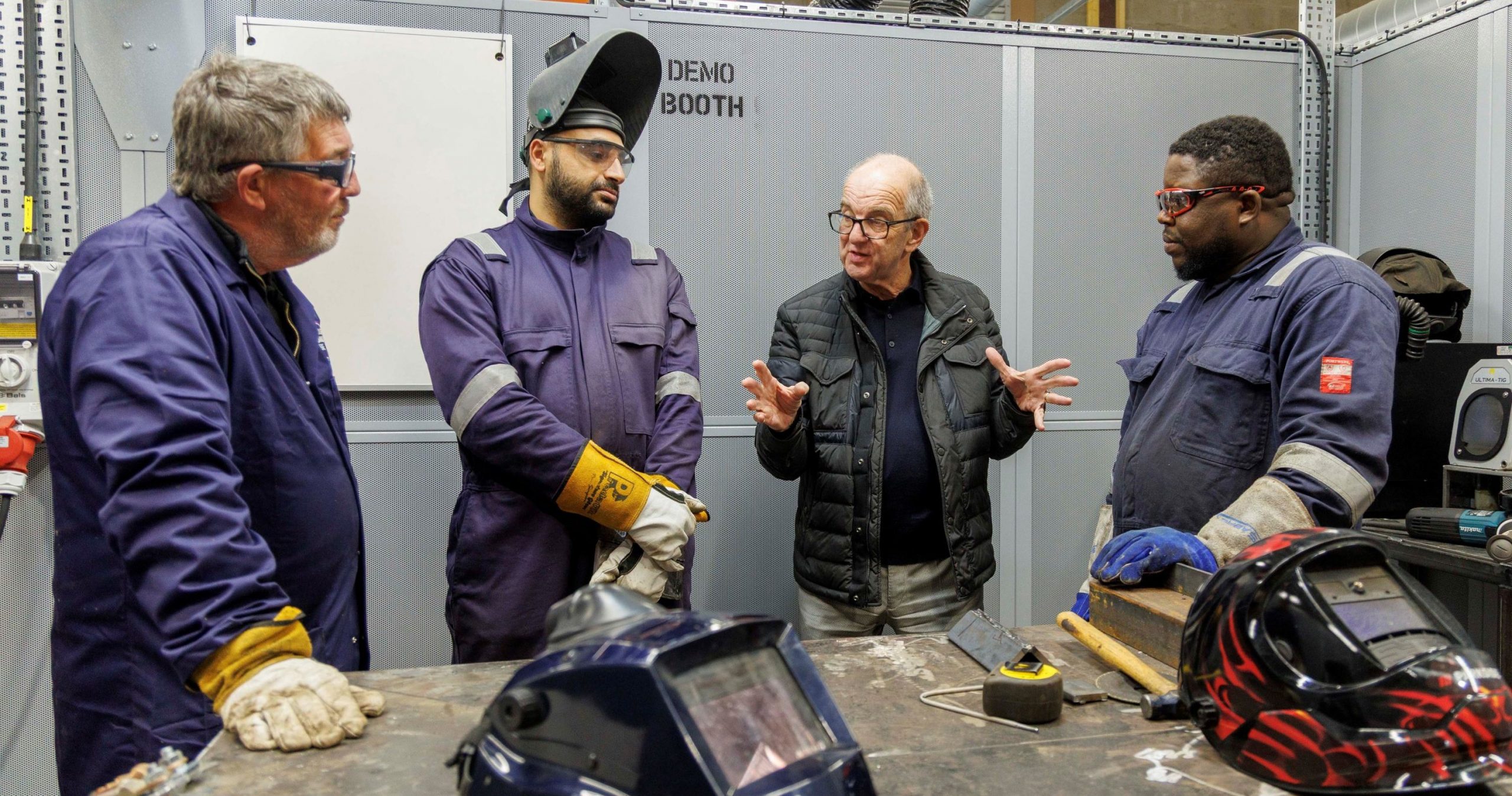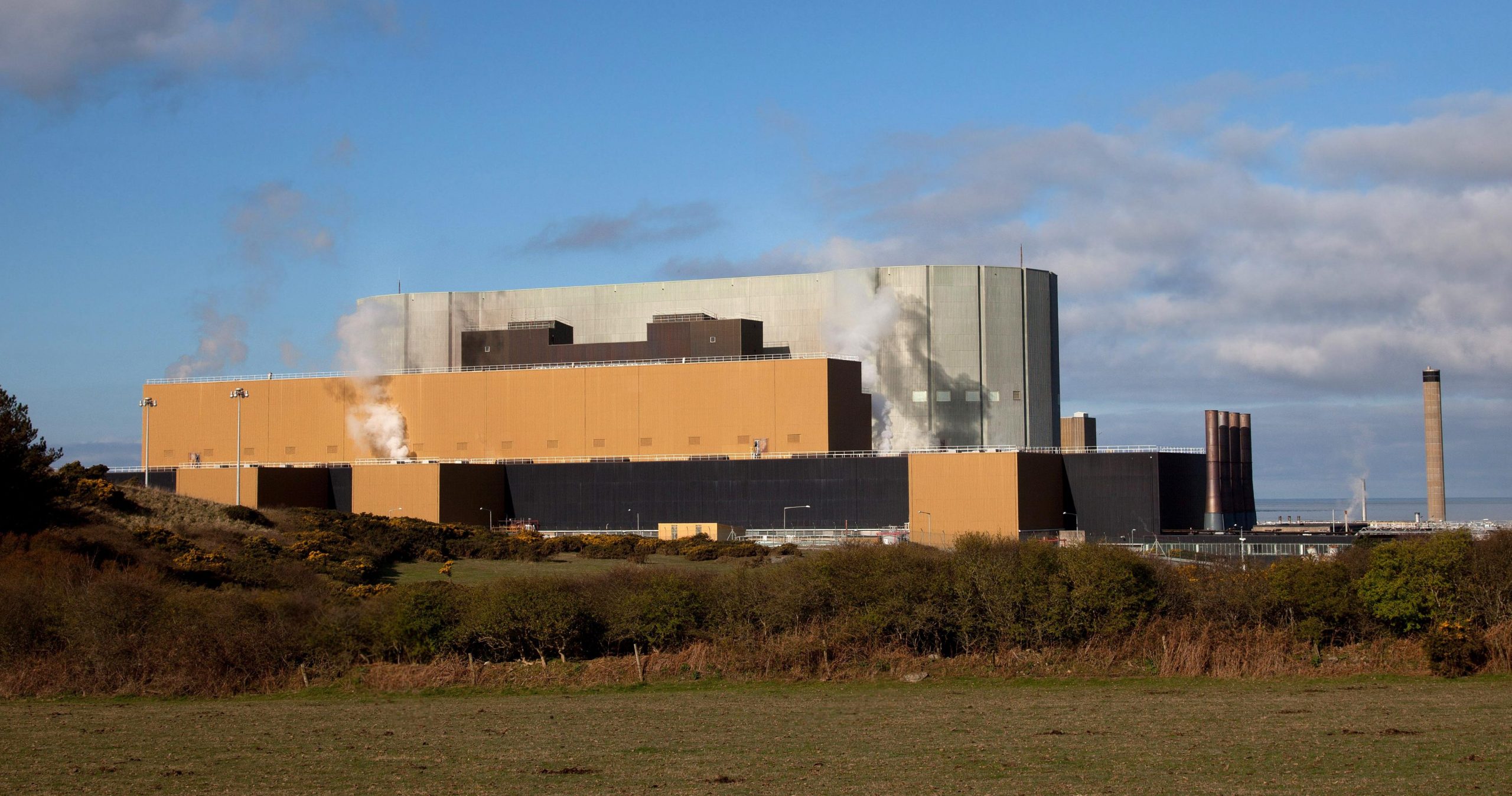Over half a million pounds will be invested in net zero-related skills development this year by the Engineering Construction Industry Training Board (ECITB), the industry-led skills, standards and qualifications body for the engineering construction workforce.
A significant part of this is a £300,000 investment in net zero funding, designed to support new entrants and existing workers to transition into emerging low carbon industries.
This investment means ECITB-registered companies across the UK can access a suite of around 50 energy transition-related training courses for their people.
Topics include hydrogen, emissions, sustainability and environmental audit and management courses.
Around 900 learners are expected to benefit from the ECITB’s investment in net zero skills by the end of the year.
In addition, more than £290,000 has been earmarked to fund scholarships, including Wind Turbine Technician training. Scholarships, such as these, help to create a sustainable pipeline of new talent for industry by providing a grounding in industrial knowledge and skills.
The ECITB has also collaborated with the University of Strathclyde to recently launch the first university course in the UK to cover a Master of Science (MSc) degree in Offshore Energy Transition.
As the race is on to build the next generation of nuclear reactors in support of the government’s net zero strategy, the ECITB is also investing over £1 million this year in training and upskilling for nuclear sector employers (around £4 million in total if nuclear decommissioning is included).
Andrew Hockey, ECITB Chief Executive, said: “Over the next few years, the UK needs around 25,000 extra workers for major engineering construction projects, including those that contribute to the country’s net zero goals.
“But this is against a backdrop of challenging market conditions, global competition and a growing skills shortage. The twin goals of energy security and net zero are mission critical and this means decarbonising our existing industry as well as building new hydrogen, nuclear and carbon capture facilities.
“Without a pipeline of trained, skilled people, all this risks not being achieved.
“Our funding announcement demonstrates we’re firmly focused on continuing to partner with industry to seize these opportunities; investing to upskill the people we need now and in the future.”
Funded by a levy on engineering construction industry employers, the ECITB invests around £28 million annually back into skills and competence training.





